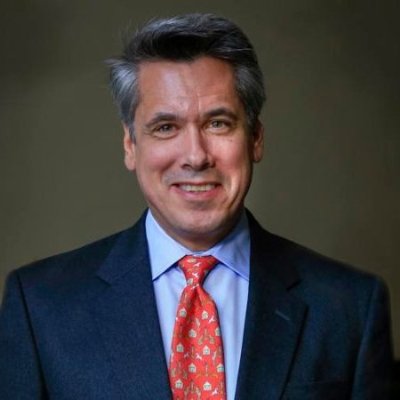It's Bonus Time
*Program traders will fare better during this year's bonus season than their cousins on single-stock desks. That's according to a recently released survey by Options Group, an executive search and consulting group. Traders on program desks should see their total compensation rise by 15 percent over last year, according to Michael Karp, an Options Group co-founder and managing partner. Total compensation for traditional cash equities traders will remain flat, year over year. The trend toward increased automation in equities trading works to the advantage of program traders, Karp explained, while it makes traditional cash traders less necessary. The survey profiles average compensation packages for equities trading executives at the world's top banks. Vice presidents with one to three years experience will make, Options Group estimates, $100,000 in base pay this year plus a bonus of $100,000. Directors, with similar experience, could take home an average salary of $150,000 to $200,000 and a bonus of $400,000. Managing directors, with one to three years experience, will receive an estimated base of $200,000 and a bonus of between $600,000 and $700,000. The head of Americas trading will take home a total paycheck of $1.5 million to $1.75 million. The global head of program trading will earn $2.5 million to $2.75 million. The top exec, the global head of trading, will make $5 million, according to the survey. Still, a global head of equities prop trading will do better, taking home about $7.5 million this year.
Thain's Warning
*Price discovery is good and internalization is bad. That was the message delivered by NYSE chief executive officer John Thain in a speech at the Securities Industry Association's annual meeting. Thain said internalization of retail order flow by brokerage firms harms both investors and the quality of the marketplace. "There is no certainty [with internalization] that customers are getting best execution," Thain told a packed room. The practice, Thain said, eliminates the opportunity for price improvement and reduces liquidity. That widens bid-ask spreads and hampers efficient pricing. Thain was asked about merger partner Archipelago's ability to internalize order flow. The NYSE head did not answer the question directly, preferring to reiterate the NYSE's philosophy on internalization. When asked about undisplayed liquidity in so-called dark pools such as NYFIX Millennium, Thain declined comment, saying he would have to study the topic further.
Cox's SEC Plays Cool
*Don't expect the SEC to reopen talks or to overturn unpopular rules approved during the Donaldson regime. That's according to SEC chairman Christopher Cox, who addressed the SIA's annual convention last month. Cox was referring to certain controversial rules approved during former chairman William Donaldson's tenure. Those included one that increased the number of independent directors on mutual fund boards and one that required registration of hedge funds. Cox did not mention the controversial Reg NMS or the issue of extending the trade-through rule to the Nasdaq market. John Giesea, president of the Security Traders Association, said Cox's comments were consistent with the buzz from Washington since the pro-business chairman's nomination was approved. Still, Giesea said there was plenty of interpretation necessary regarding Reg NMS. That is where he thinks Cox could influence policy. "If there is a modest shift," Giesea said, "we would see it through interpretive guidance, rather than through rule changes."



